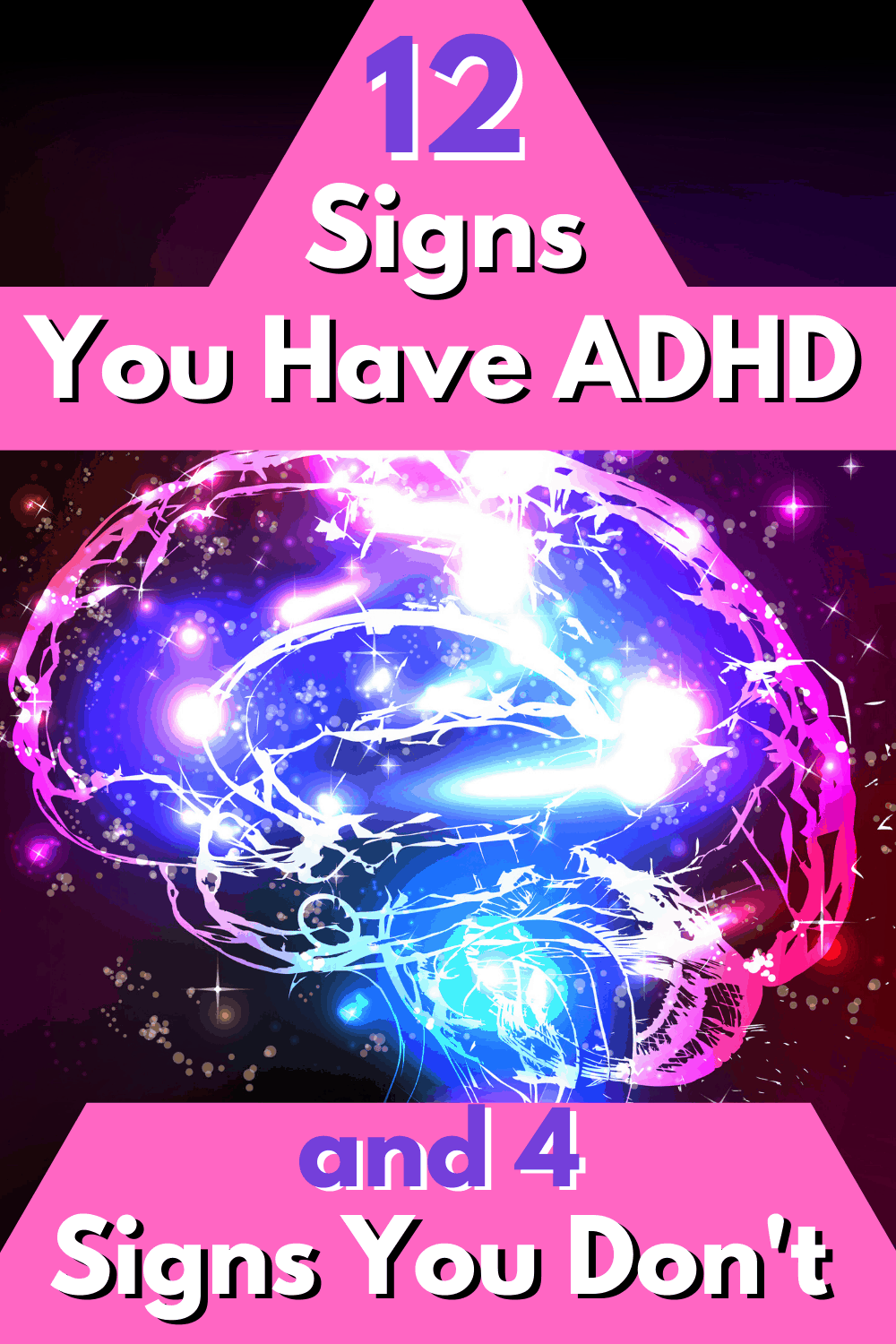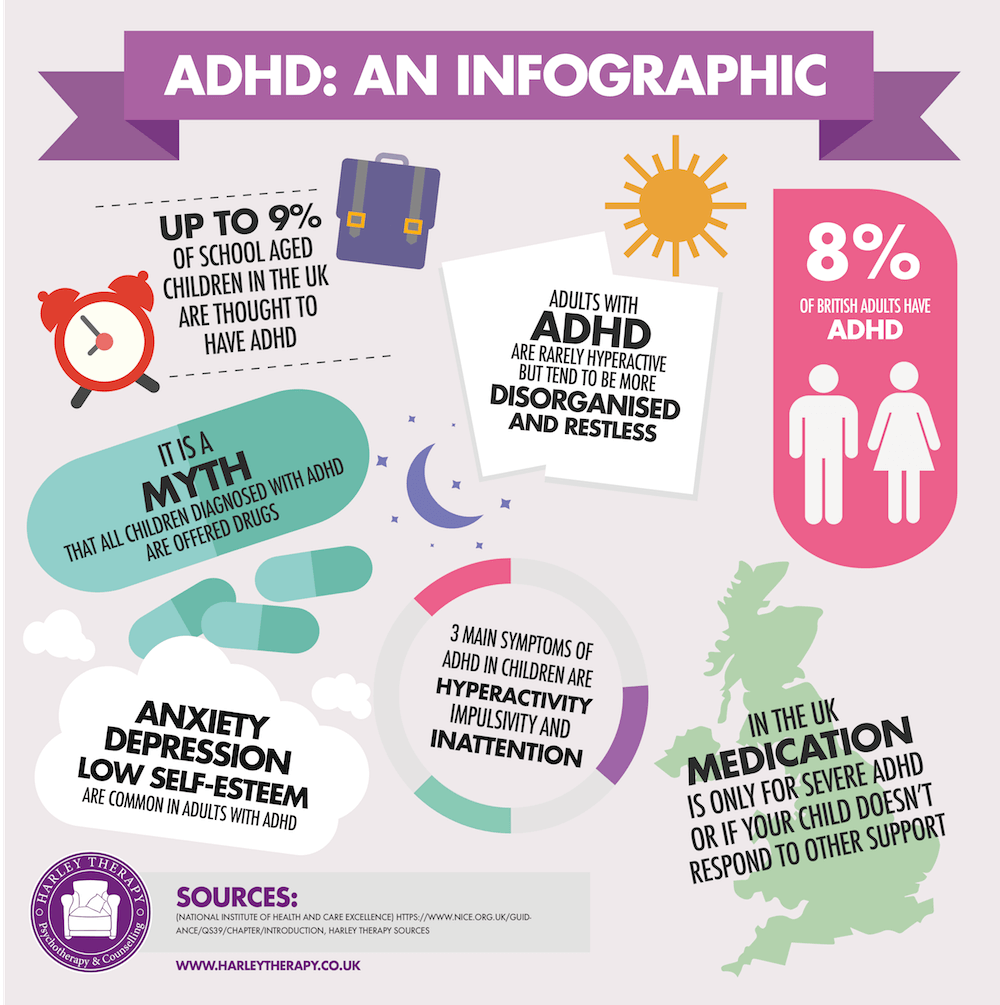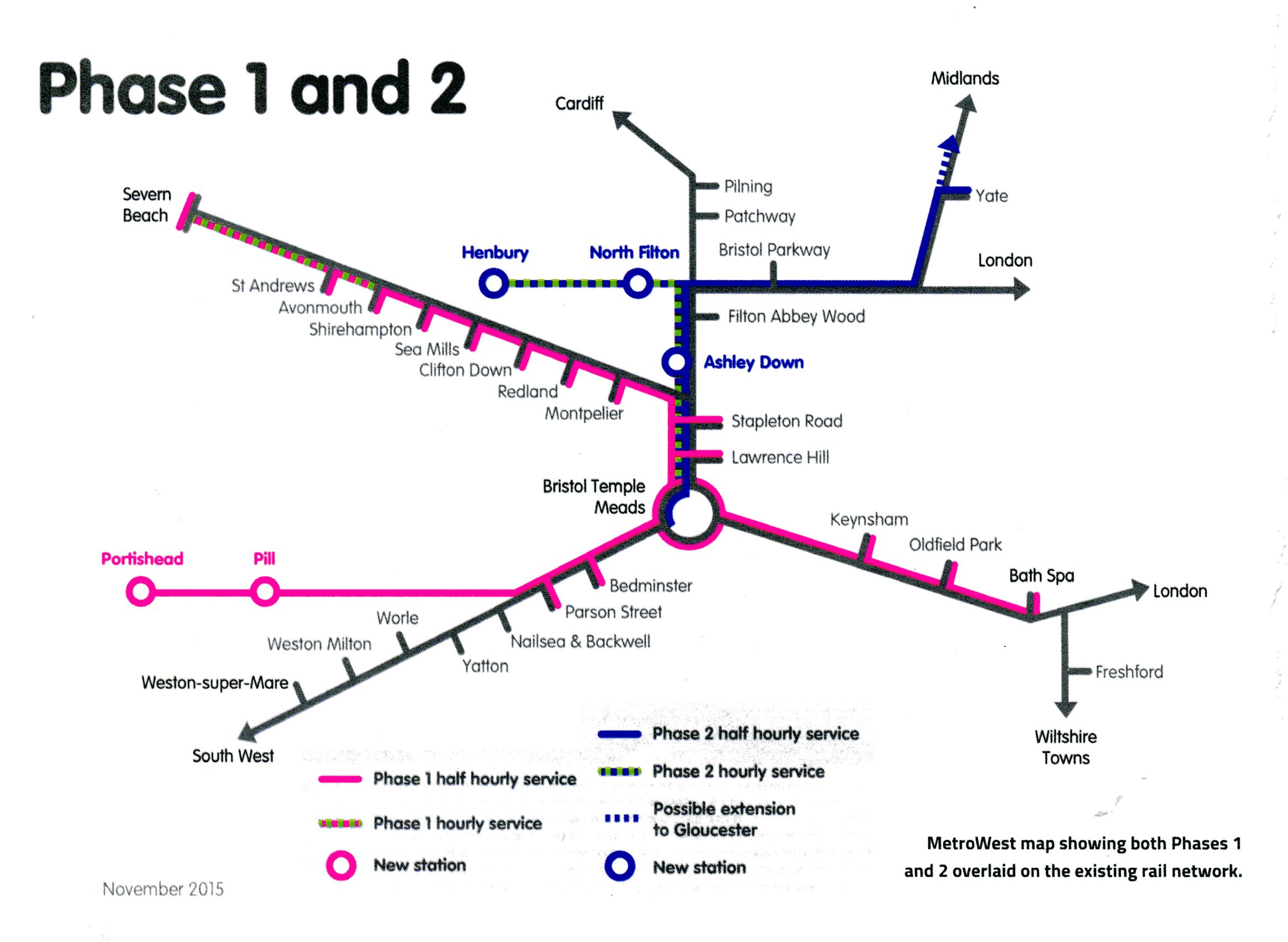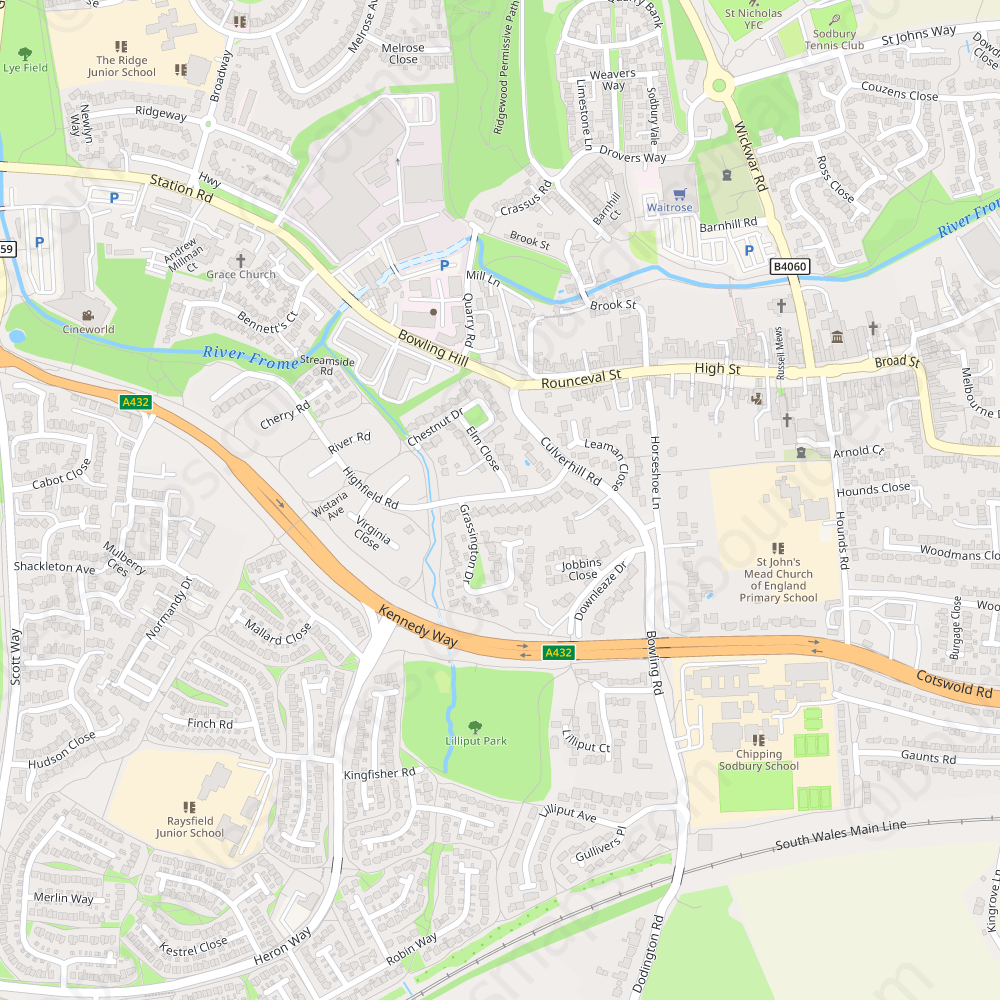What To Do If You Think You Might Have Adult ADHD

Table of Contents
Recognizing the Symptoms of Adult ADHD
Adult ADHD, unlike childhood ADHD, often presents differently. Understanding the symptoms is the first step toward getting help.
Common Adult ADHD Symptoms
While symptoms vary widely, common characteristics include:
Inattentive Symptoms:
- Difficulty sustaining attention in tasks or play
- Often seems not to listen when spoken to directly
- Struggles to organize tasks and activities
- Avoids, dislikes, or is reluctant to engage in tasks that require sustained mental effort
- Frequently loses things necessary for tasks or activities (e.g., keys, wallet, paperwork)
- Is easily distracted by extraneous stimuli
- Often forgetful in daily activities
Hyperactive/Impulsive Symptoms:
- Fidgets with hands or feet or squirms in seat
- Leaves seat in situations where remaining seated is expected
- Runs about or climbs excessively in situations where it is inappropriate
- Difficulty engaging in leisure activities quietly
- Is often “on the go” or acts as if “driven by a motor”
- Talks excessively
- Blurts out answers before questions have been completed
- Difficulty waiting their turn
- Interrupts or intrudes on others
It's crucial to remember that not everyone experiences all of these symptoms, and the intensity of symptoms can vary greatly. Furthermore, it's important to differentiate Adult ADHD symptoms from other conditions like anxiety or depression, which can share similar characteristics.
Self-Assessment Tools for Adult ADHD
Several online questionnaires can help you assess whether you might have Adult ADHD. However, it's vital to understand that these tools are not a diagnosis. They are merely screening tools to help you determine if a professional evaluation is warranted. Reliable resources like CHADD (Children and Adults with Attention-Deficit/Hyperactivity Disorder) offer such questionnaires. [Link to CHADD website here] Self-diagnosing is strongly discouraged; a proper diagnosis requires a thorough evaluation by a qualified healthcare professional.
Seeking Professional Help for Adult ADHD
If you suspect you might have Adult ADHD, seeking professional help is paramount. Early diagnosis and treatment can significantly improve your quality of life.
Finding the Right Healthcare Professional
Several healthcare professionals can diagnose and treat Adult ADHD, including:
- Psychiatrists: Medical doctors specializing in mental health who can prescribe medication.
- Psychologists: Experts in mental health who can provide therapy and, in some cases, may also conduct assessments for ADHD.
- Clinical Neuropsychologists: Specialists who conduct comprehensive neuropsychological testing to assess cognitive functioning.
Finding a professional experienced in diagnosing and treating adults with ADHD is crucial. Look for practitioners with specific expertise in Adult ADHD.
The Diagnostic Process for Adult ADHD
The diagnostic process typically involves:
- A comprehensive clinical interview to discuss your symptoms, history, and challenges.
- Completion of standardized questionnaires assessing ADHD symptoms.
- Possibly, neuropsychological testing to evaluate cognitive abilities.
Be completely honest and open with your healthcare professional during the assessment. The more information they have, the more accurate the diagnosis will be.
Treatment Options for Adult ADHD
Treatment for Adult ADHD is often personalized and may involve a combination of:
- Medication: Stimulants and non-stimulant medications can help manage symptoms.
- Therapy: Cognitive Behavioral Therapy (CBT) and other therapeutic approaches can teach coping mechanisms and improve self-management skills.
- Lifestyle Changes: Implementing strategies for better organization, time management, and stress reduction can significantly improve symptoms.
Coping Mechanisms and Support for Adult ADHD
Living with Adult ADHD requires proactive management and self-compassion.
Lifestyle Adjustments for Managing ADHD
Incorporating these strategies into your daily routine can make a significant difference:
- Time Management Techniques: Use planners, timers, and break down large tasks into smaller, manageable steps.
- Organizational Tools: Utilize digital calendars, to-do lists, and organizational apps.
- Mindfulness Practices: Meditation and mindfulness exercises can improve focus and reduce impulsivity.
- Regular Exercise: Physical activity helps improve mood, focus, and energy levels.
- Healthy Diet: A balanced diet can impact energy levels and brain function.
Support Groups and Communities
Connecting with others who understand the challenges of living with Adult ADHD can provide invaluable support and encouragement. Online forums and support groups offer a safe space to share experiences and learn coping strategies. [Link to relevant support groups here]
Importance of Self-Compassion and Patience
Managing Adult ADHD is an ongoing process. Be patient with yourself, celebrate your successes, and remember that setbacks are a normal part of the journey. Practice self-compassion and prioritize self-care.
Taking the Next Steps with Adult ADHD
Recognizing the symptoms, seeking professional help, and employing effective coping mechanisms are crucial steps in managing Adult ADHD. If you believe you might have Adult ADHD, don't hesitate to reach out to a healthcare professional. Taking this step is crucial for diagnosis and developing an effective treatment plan for managing your Adult ADHD and improving your overall well-being. Don't let undiagnosed Adult ADHD control your life; take charge and seek the help you deserve.

Featured Posts
-
 Adult Adhd Understanding Your Symptoms And Seeking Help
Apr 29, 2025
Adult Adhd Understanding Your Symptoms And Seeking Help
Apr 29, 2025 -
 I M Staying Put Schumer Defends Leadership Amid Calls For Change
Apr 29, 2025
I M Staying Put Schumer Defends Leadership Amid Calls For Change
Apr 29, 2025 -
 New Willie Nelson Album Wifes Statement On Sons Role In Care
Apr 29, 2025
New Willie Nelson Album Wifes Statement On Sons Role In Care
Apr 29, 2025 -
 Older Viewers Rediscovering Favorite Shows On You Tube
Apr 29, 2025
Older Viewers Rediscovering Favorite Shows On You Tube
Apr 29, 2025 -
 Disgraced Cardinal Claims Right To Participate In Conclave
Apr 29, 2025
Disgraced Cardinal Claims Right To Participate In Conclave
Apr 29, 2025
Latest Posts
-
 Check Yate Train Services Bristol And Gloucester Route Updates
Apr 30, 2025
Check Yate Train Services Bristol And Gloucester Route Updates
Apr 30, 2025 -
 Revised Yate Train Services Journey Times To Bristol And Gloucester
Apr 30, 2025
Revised Yate Train Services Journey Times To Bristol And Gloucester
Apr 30, 2025 -
 Updated Yate Train Timetable Bristol And Gloucester Connections
Apr 30, 2025
Updated Yate Train Timetable Bristol And Gloucester Connections
Apr 30, 2025 -
 Federal Funding Cuts A Deep Dive Into Trump Countrys Struggle
Apr 30, 2025
Federal Funding Cuts A Deep Dive Into Trump Countrys Struggle
Apr 30, 2025 -
 Richmond Gun Case Man Sentenced For Endangering Child
Apr 30, 2025
Richmond Gun Case Man Sentenced For Endangering Child
Apr 30, 2025
